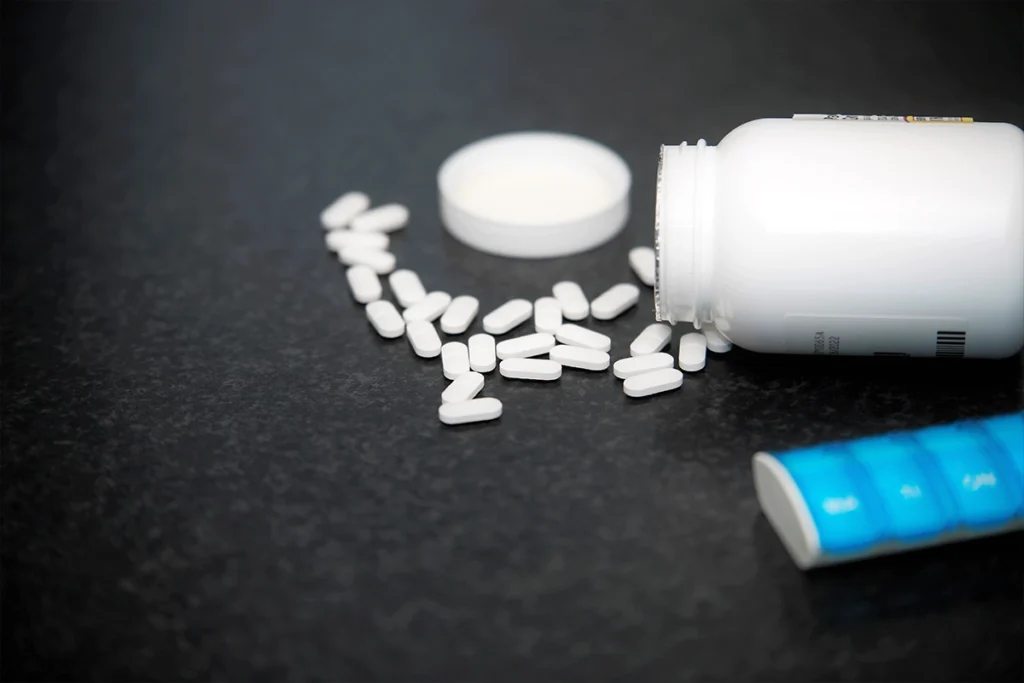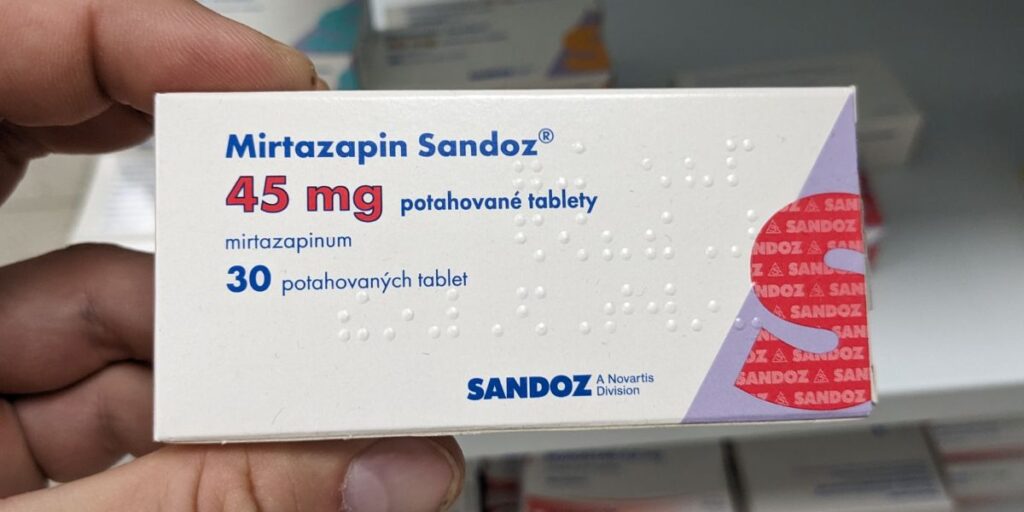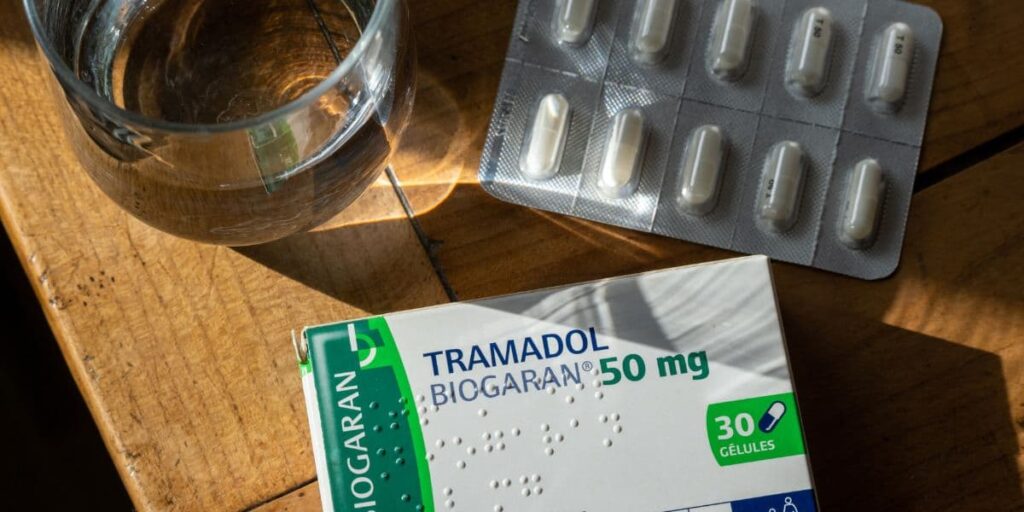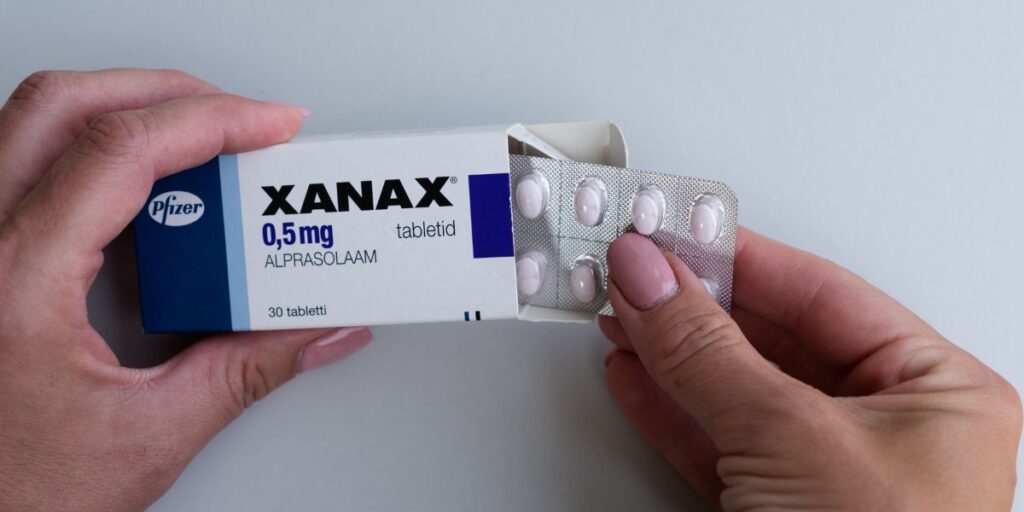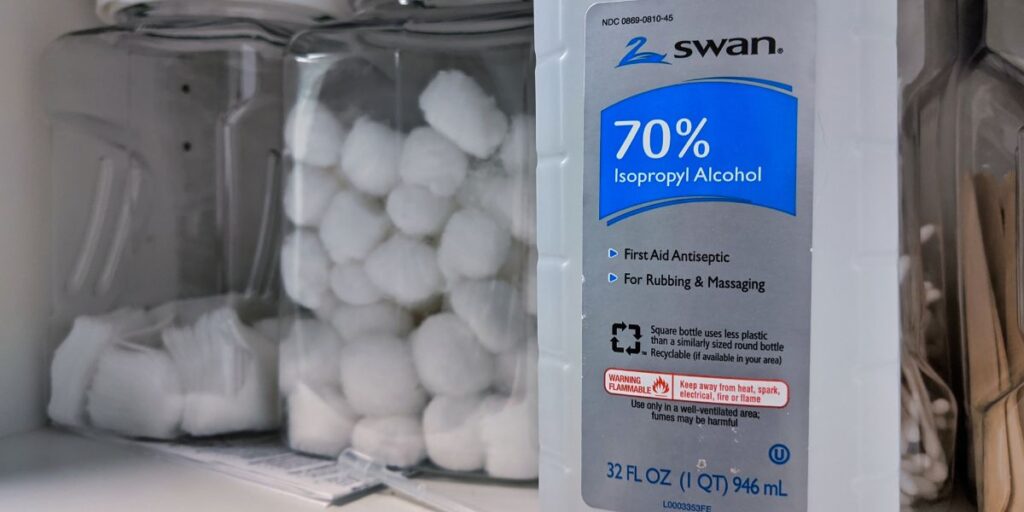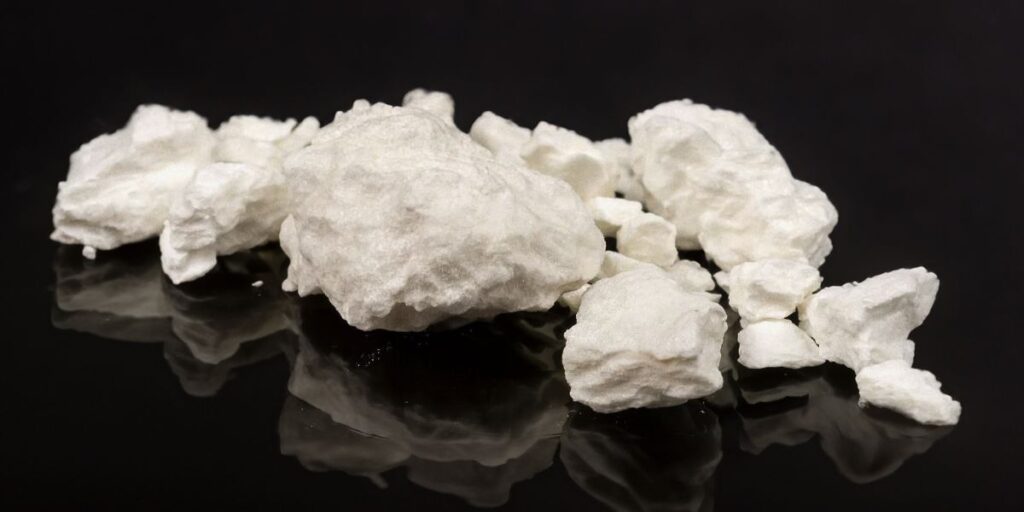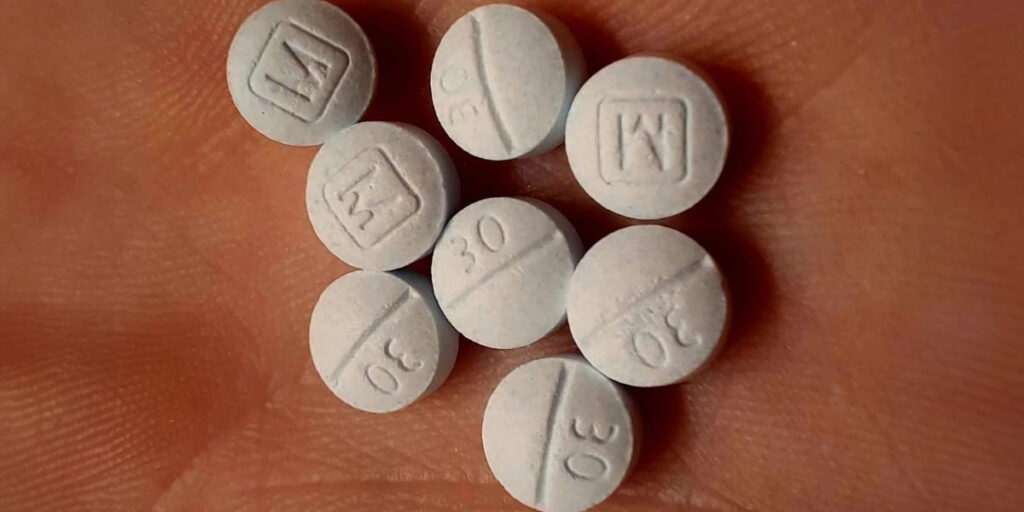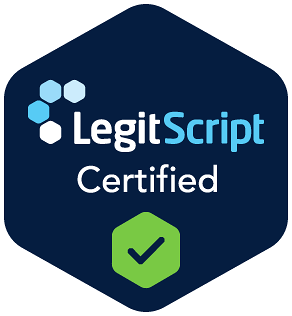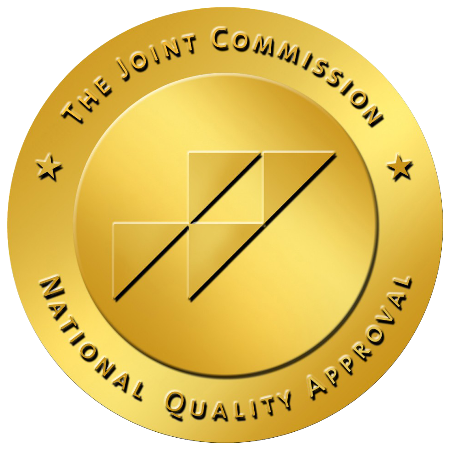Addiction is a complicated illness.
The National Institute on Drug Abuse (NIDA)’s published the 13 Principles of Drug Addiction Treatment to address the United States’ variety of addictions, including alcohol, illicit drugs, prescription drugs, and nicotine.
It serves as a resource for family members, healthcare providers, sponsors, and countless others trying to help overcome the various problems individuals who need drug abuse or addiction treatment face.
Additionally, it emphasizes that addiction is a disease and much more than just chronic drug-taking. And because of this, individuals cannot just stop using and be cured of addiction.
Drug and alcohol treatment must help the person not only stop using drugs but maintain a sober lifestyle and accomplish functioning productively at work and in society.
1. Addiction is a complex but treatable disease that affects brain function and behavior.
Substances of abuse change your brain’s structure and how it functions, causing permanent changes lasting long after substance use has stopped. For this reason, individuals are always at risk of relapse, even after long times of sobriety, and despite the possibly destructive repercussions.
2. No single treatment is appropriate for everyone.
The type of drug and the patient’s situation and characteristics is heavily reliant on the kind of treatment one should receive. The treatment’s environment, intervention, and services must fit the individual’s particular needs to achieve success in returning to a productive and positively functioning society, family, and workplace.
3. Treatment needs to be readily available.
Individuals who need help may be reluctant about entering treatment, and the opportunity for treatment can be squandered if it is not readily available or accessible. Like other illnesses, the earlier treatment is provided for the disease, the greater the chances of recovery.

4. Effective treatment attends to multiple needs of the individual, not just his or her drug abuse.
Drug and alcohol treatment must address any accompanying medical, psychological, social, legal, and job-related problems to be effective. In addition, treatment should be suitable to the individual’s gender, age, ethnicity, and culture.
5. Remaining in treatment for an adequate period of time is critical.
The appropriate amount of time an individual should stay in treatment is dependent on the type and level of the patient’s problems and needs. Addiction recovery is a long process that often requires multiple occurrences of treatment. Relapse is common and is a sign of returning to treatment or adjusting it. Treatment programs should incorporate strategies to keep patients engaged in treatment due to the frequency of patients leaving treatment early.
6. Behavioral therapies— including individual, family, or group counseling— are the most commonly used forms of drug abuse treatment.
Participating in group therapy and other support group programs during and after treatment can help maintain sobriety. Behavioral therapies include providing incentives for abstinence, encouraging an individual’s motivation to change, building skills to avoid drug or alcohol use, substituting activities that involve drug use with constructive and rewarding activities, developing better problem-solving skills, and fostering more positive interpersonal relationships.

7. Medications are an important element of treatment for many patients, especially when combined with counseling and other behavioral therapies.
Medication-assisted treatment is effective in aiding individuals addicted to heroin or other opioids to reduce their drug use and steady their lives.
8. An individual’s treatment and services plan must be assessed continually and modified as necessary to ensure that it meets his or her changing needs.
Patients may need varied combinations of treatments, therapies, and services during and after treatment. In addition to psychotherapy and counseling, an individual may require medication, medical services, family therapy, parenting instruction, job rehabilitation, social services, and legal help. Many patients have the best results with continued care treatment, with the intensity of the treatment varying on a person’s fluctuating needs.
9. Many drug-addicted individuals also have other mental disorders.
Drug abuse and addiction are both mental disorders and regularly co-exist with other mental illnesses. Because of this, patients with substance use conditions should be evaluated for other disorders. When they do- co-occur, treatment should address all conditions, incorporating medication use as necessary.
10. Medically assisted detoxification is only the first stage of addiction treatment and by itself does little to change long-term drug abuse.
Detox alone is not enough to help addicted individuals attain life-long abstinence. However, medical detox safely manages the intense withdrawal symptoms and can facilitate effective, lasting addiction treatment. Thus, patients should be confident to enter drug and alcohol treatment following detox, with motivation and incentive strategies started at initial patient intake.

11. Treatment does not need to be voluntary to be effective.
Imposed penalties or incentives from family, employers, and/or the criminal justice system can considerably increase entry, duration of stay, and the final success of drug treatment interventions.
12. Drug use during treatment must be monitored continuously, as lapses during treatment do occur.
Monitoring a patient’s drug use can be a powerful incentive to resist urges to use drugs or alcohol. Monitoring over patients also allows for an early indicator of drug use, demonstrating a need to adjust the individual’s treatment plan.
13. Treatment programs should test patients for the presence of HIV/AIDS, Hepatitis B and C, tuberculosis, and other infectious diseases, provide risk-reduction counseling, and link patients to treatment if necessary.
Counseling concentrated on reducing infectious disease risk factors may help patients lower or stay away from substance-related threats and other high-risk behaviors. It can also aid individuals who are already infected to control their condition.
Drug and alcohol treatment is only a phone call away.
Northridge Addiction Treatment Center offers comprehensive drug and alcohol rehabilitation in a caring and supportive environment while addressing repressed trauma and co-occurring disorders.
Our residential treatment facility is licensed and accredited with fully credentialed expert staff. NATC’s entire team of doctors, therapists, counselors, and nurses are committed to helping you build a strong foundation through treatment to achieve lifelong recovery.
Our admissions specialists know the pain of addiction and substance use disorders. We are here to make your journey to recovery encouraging and straightforward. Reach out today to speak with someone who can help.



